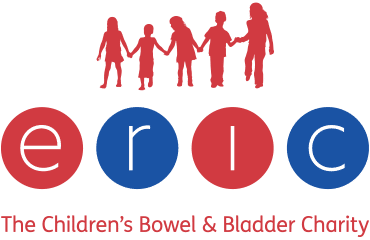Hazeldene Medical Centre
97 Moston Lane East, New Moston, Manchester, M40 3HD
Telephone: 0161 241 8039
We're open

Social Stories
Introduction
Autism is not a learning disability, but research suggests that around half of people with autism may also have a learning disability, which will affect the level of care and support they need to live fulfilling and rewarding life. Recent research by the Learning Disabilities Observatory indicates that around 20-30% of people (children, young people and adults) with a learning disability also have an autistic spectrum condition, and approximately 50% of children with autism also have a learning disability. People working in health and social care therefore require the knowledge and skills to recognise and provide the appropriate care and support for people with a learning disability, autism and commonly coexisting disorders such as attention deficit hyperactivity disorder (ADHD).
For someone with learning disability, autism and other coexisting disorder such as ADHD, everyday sensations like sound, light, or touch can be felt more intensely. It’s as if the volume of the world is turned up, making what might be ordinary for others extraordinary and overwhelming for them. This can also be described as sensory overload where senses can be overwhelmed by environmental stimuli such as sudden change in place like visiting Surgery.
Preparing before visiting the doctor often helps reduce fears and anxieties, improving the chance of a successful visit.
How Social stories can help
Social stories were created by Carol Gray in 1991, They are short descriptions of a particular situation, event or activity, which include specific information about what to expect in that situation and why. Social stories present information in a literal ‘concrete’ way, which may improve person’s understanding of a previously difficult or ambiguous situation or activity such as visiting doctors or getting vaccine. The presentation and content can be adopted to meet different people’s need.
They can help with sequencing (what comes next in a series of activities) and ‘executive functioning’ (planning and organising).
Social stories can
a) Help someone to understand how others might behave or respond in a particular situation.
b) Help others understand the perspective of an autistic person and why they may respond or behave in a particular way.
c) Help a person to cope with changes to routine and unexpected or distressing events such as visiting doctor, allowing physical examination, taking medication.
Use of social stories at Hazeldene Medical Centre
At Hazeldene Medical Centre, we have social stories available to help reduce anxiety around visiting the clinicians.
Social stories we can provide are:
These social stories can be provided via PDF format. In order to make them easily accessible, the social stories are available on the website. Upon making an appointment Reception staff can signpost parents/carers of autistic patients to the website and/or offer a text message with a link to the social stories.
To increase awareness of the service, the tv screen in the waiting room will be used to display the message.
“Autism friendly social stories are available for appointments and vaccinations. Please visit the website or ask the reception.”





